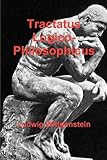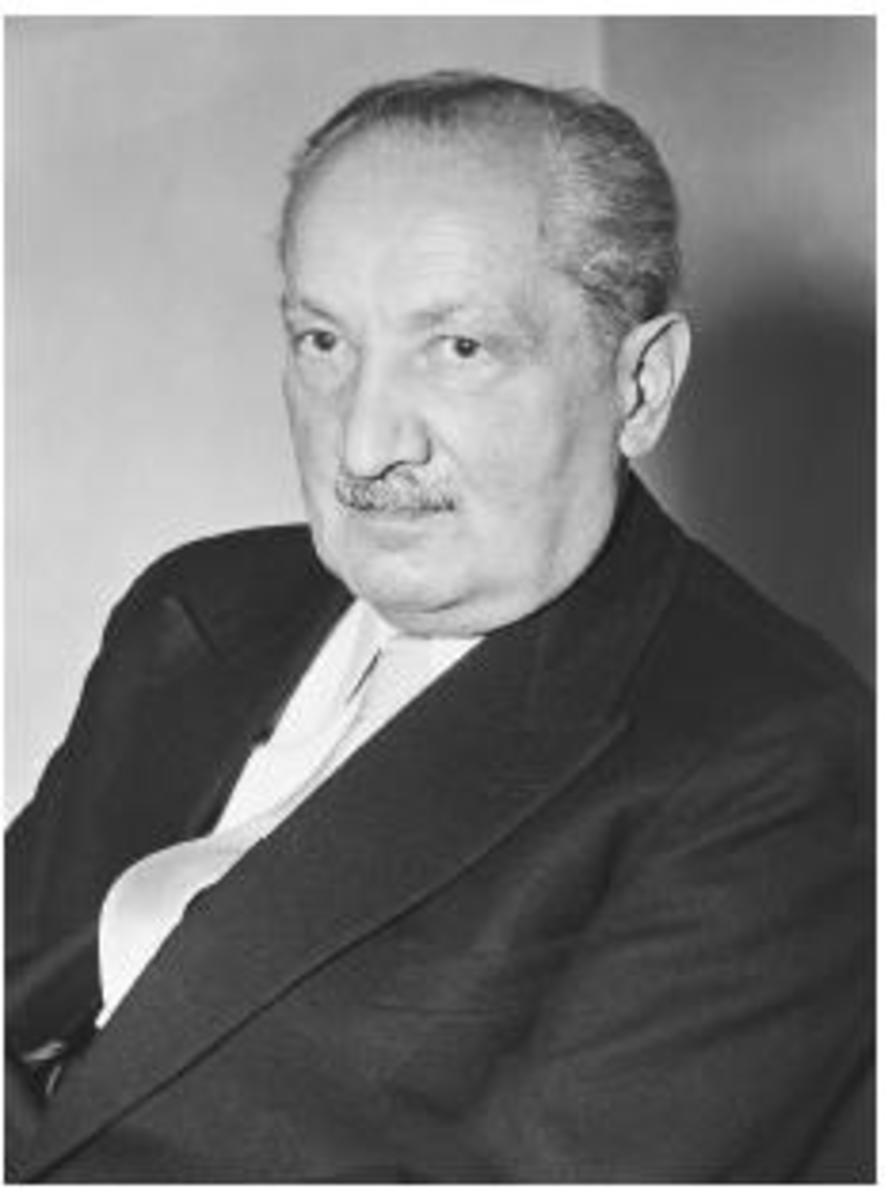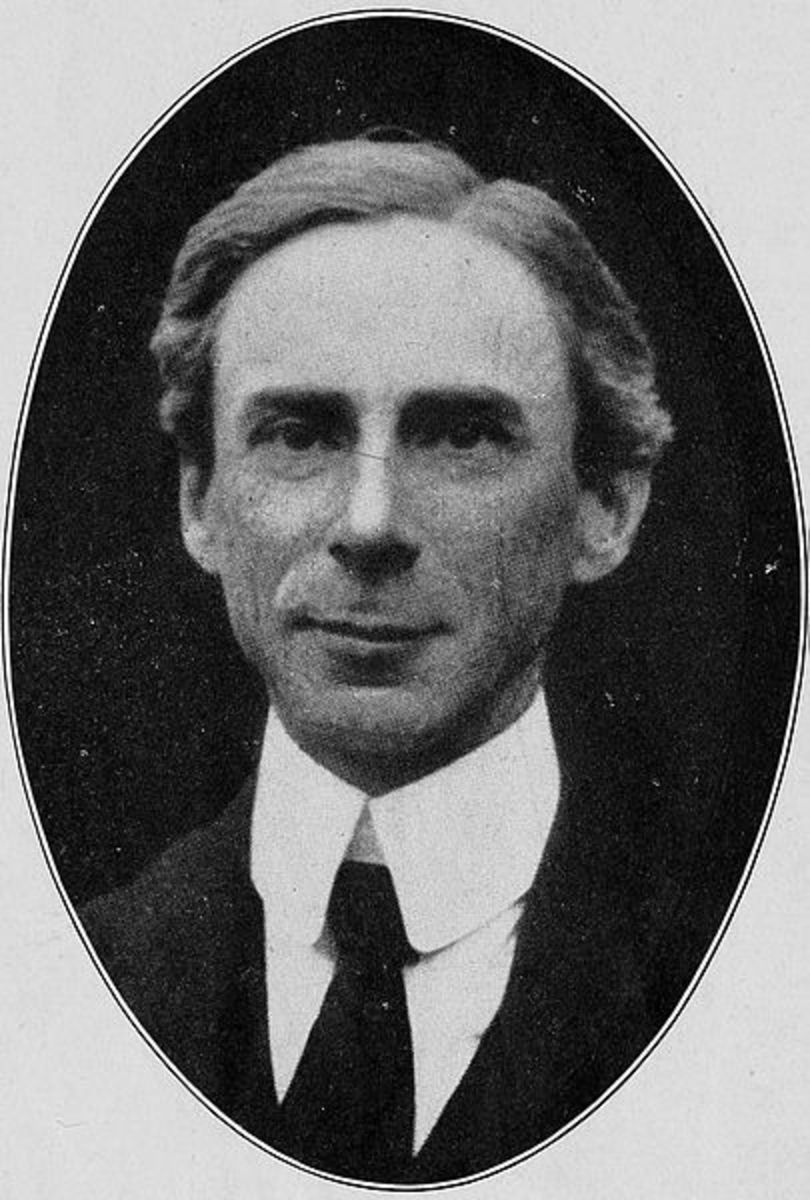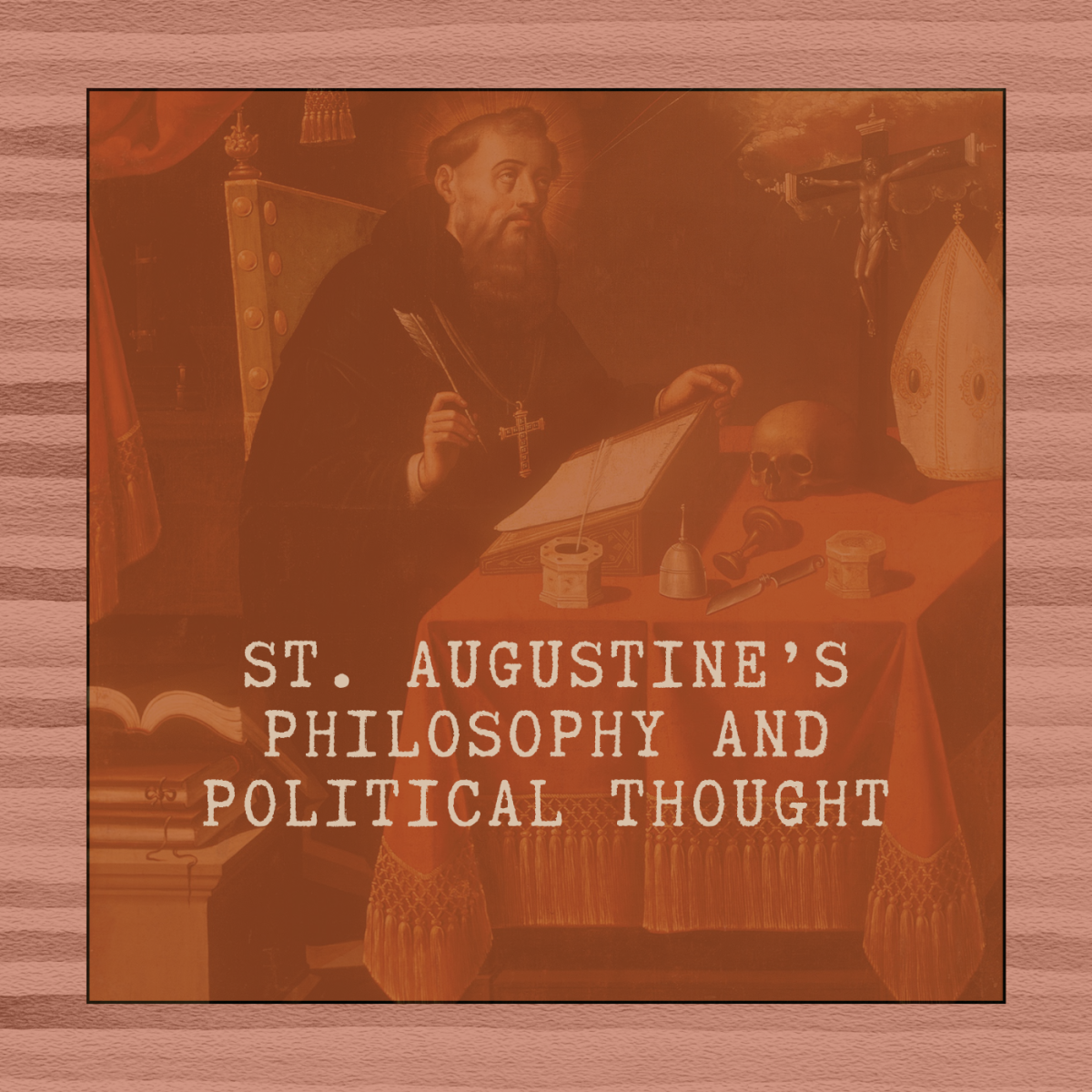The Key Concepts of the Philosophy of Ludwig Wittgenstein
Ludwig Wittgenstein was a 20th Century Austrian Philosopher who was an important figure in Analytic philosophy, philosophy of science and perhaps most importantly, the philosophy of language. Wittgenstein started out planning to become an engineer but while studying mathematics and logic he became obsessed with the philosophical problems of the two disciplines and the work of Bertrand Russell. He left his studies and went to Cambridge to study under Russell, where Russell considered him the brightest pupil he ever had and at the age of twenty-three said that Wittgenstein had learned everything that he could possibly teach him.
In his early work Wittgenstein aligned himself with the logical positivists, like Russell, who took a heavily scientific approach to philosophy. His major work, Tractatus Logico-Philosophicus, attempted to lay out the parameters in which a scientific philosophy could tell us about the world and to relate this to the philosophy of language. After writing this book Wittgenstein was convinced that he had solved all there was to solve in philosophy and retired to become a school teacher.
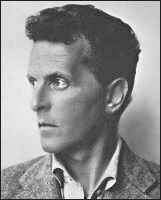
After years of thinking about his philosophy of language Wittgenstein became convinced that he had been mistaken in his original theory. He returned to teaching and researching in academia to try and resolve the unanswered questions that he had devised. Though he never published another book in his lifetime, two completed works after his death were the results of his attempts to form a new philosophy of language. The first, Philosophical Investigations, re-evaluated the relationship between language and philosophy and science. The second, On Certainty, came the closest to Wittgenstein forming a theory of epistemology based on his theory of language.
EARLY WORK AND LOGICAL POSITIVISM
Logical Positivists held the beleif that philosophy should be approached like science, meaning only what could be proven empirically would be of value. Having studied with the positivists, Wittgenstein wrote what many consider to be the last word on the viewpoint as it existed at the time. Wittgenstein said that language described either "states of affairs" or "facts" and that it is the form of logic represented through language that makes these have meaning. What he means is that language represents things and then logic gives form to those representations. Logic by itself has no meaning apart from language but the representations of language would just be jumbled up if it wasn't for the form of logic to illuminate the meaning of them.
In this way, Wittgenstein was stating that in order to have meaning we must construct them based on the necessary and contingent variables of logic for language to make sense. It was through science that we learned the nature of truth through experimentation and statements about the facts of science could be ordered in language in a way that established their truth value. Wittgenstein went on to say that ethics, metaphysics and religion were of importance, perhaps of greater importance than science and logic, but because they could not be represented in this way there was nothing that could be really said about them in philosophy. He referred to these subjects as "mystical" and effectively banished them from the purview of philosophy.
ORDINARY LANGUAGE THEORY
The first theory of language that was proposed by Wittgenstein has become known as "formal language theory". While working as a school teacher he developed the theory that will later be called "ordinary language theory." It was perhaps through teaching children that Wittgenstein came to the realization that the way he had described language working was far too limiting. He became convinced that language did not derive its meaning from the combination of representations and logic, as he had previously stated, but that it got its meaning from the associations of usage in everyday speech. What this means, at its most basic, is language does not having meaning apart from the context in which it is used.
Wittgenstein contended that language was expressed in everyday usage through a "language game." A statement such as "I am cooking breakfast" is a language game and we derive meaning through the associations of the words to each other in the context that they are used. This is how words that are similar to each other in meaning can have subtle differences, how the same word can have two different meanings in different contexts, etc. Wittgenstein used the example of the word "Game" itself. If his previous theory of language was correct then there should be a list of criteria for what makes a game a game but in reality there is no such criteria. Even so the word game is still a valid word for use in everyday language and when used, people have an understanding of what is meant.
Wittgenstein also uses the example of how everyday language is defined by its context by teaching a child to speak. When you refer to a ball by the word ball, a child might just as well the word ball means the color of the ball or the shape of the ball. Only by repeated repetitions, the word ball used to refer to other balls with different colors sizes and other objects that are similar but not balls, does the child understand the meaning of the word ball. This mans that the word ball is defined by its context not that it is not a representation of an ideal form like Platonist would claim. There is no criteria that defines chair as a chair but we define a chair by its context, meaning we define it as something that is sat on.
Wittgenstein also addresses another famous philosophical question, "How can I be sure that I mean the same thing as other people when I express concepts like "Red" or "Pain." What this means is that philosophers have asked that if what I see as red is purple to somebody else, how would I ever know. Wittgenstein answers this by saying that there is no private language. What we experience is related to other experiences. A person in pain acts a certain way and because they act a certain way in relation to the sensation, what we mean by the word pain is defined in that context. These sensations are not independent of each other but related to the context in which they are felt and expressed linguistically. If we were not experiencing the same thing then we would not be able to communicate effectively and if we were somehow not experiencing the same thing but were still communicating effectively then it would still be contextually the same.
The grand statement that Wittgenstein is making about philosophy is that all philosophical problems are actually linguistical problems. He claims that the real mistake of philosophy is in taking words and statements out of the context in which they are stated and looking for meaning that is independent of that context. Wittgenstein invites philosophers to start looking at differences in philosophical opinion as having their roots in misuse of language.

